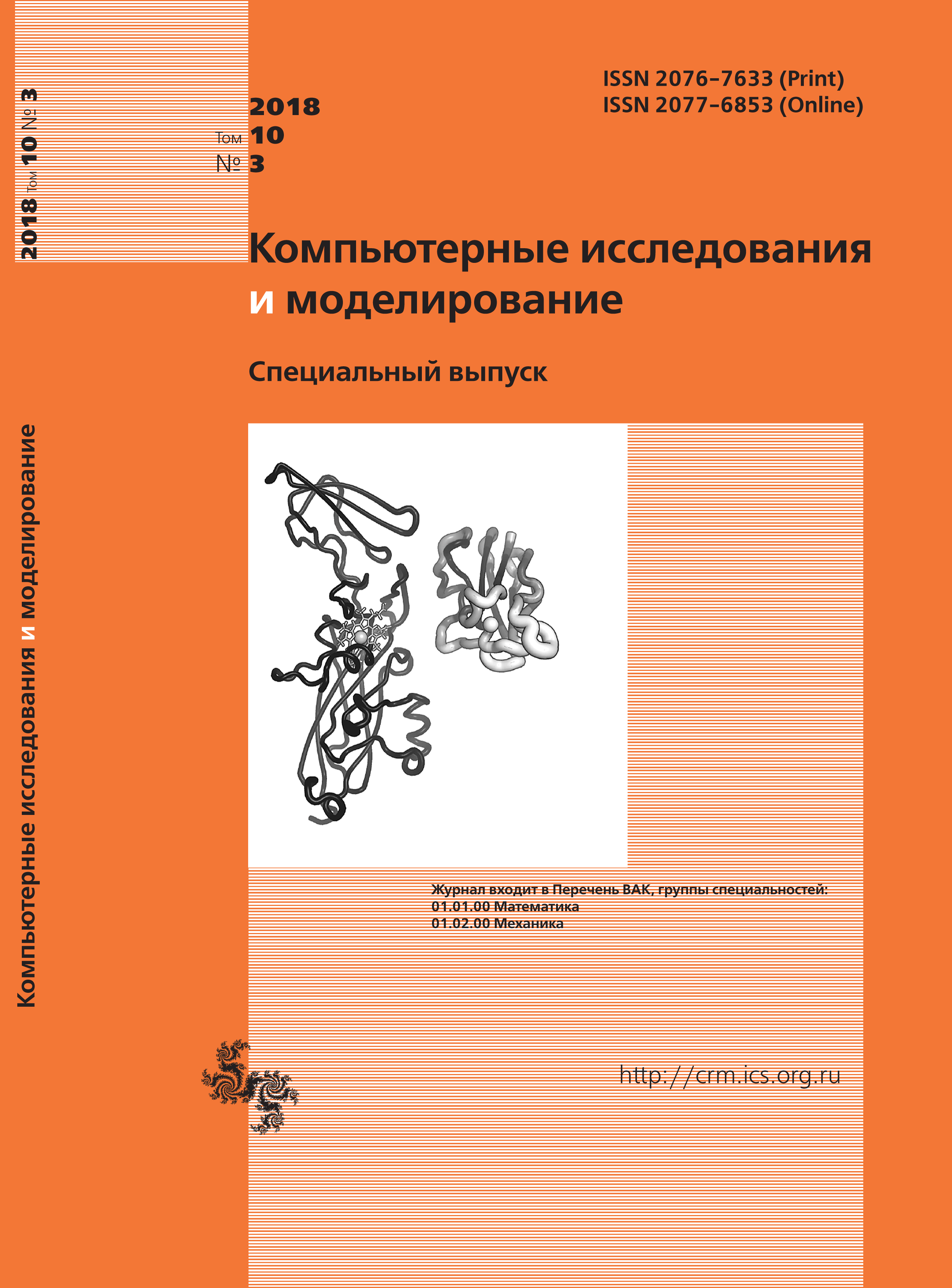All issues
- 2024 Vol. 16
- Issue 1 (special issue)
- 2023 Vol. 15
- 2022 Vol. 14
- 2021 Vol. 13
- 2020 Vol. 12
- 2019 Vol. 11
- 2018 Vol. 10
- 2017 Vol. 9
- 2016 Vol. 8
- 2015 Vol. 7
- 2014 Vol. 6
- 2013 Vol. 5
- 2012 Vol. 4
- 2011 Vol. 3
- 2010 Vol. 2
- 2009 Vol. 1
Bayesian localization for autonomous vehicle using sensor fusion and traffic signs
The localization of a vehicle is an important task in the field of intelligent transportation systems. It is well known that sensor fusion helps to create more robust and accurate systems for autonomous vehicles. Standard approaches, like extended Kalman Filter or Particle Filter, are inefficient in case of highly non-linear data or have high computational cost, which complicates using them in embedded systems. Significant increase of precision, especially in case when GPS (Global Positioning System) is unavailable, may be achieved by using landmarks with known location — such as traffic signs, traffic lights, or SLAM (Simultaneous Localization and Mapping) features. However, this approach may be inapplicable if a priori locations are unknown or not accurate enough. We suggest a new approach for refining coordinates of a vehicle by using landmarks, such as traffic signs. Core part of the suggested system is the Bayesian framework, which refines vehicle location using external data about the previous traffic signs detections, collected with crowdsourcing. This paper presents an approach that combines trajectories built using global coordinates from GPS and relative coordinates from Inertial Measurement Unit (IMU) to produce a vehicle's trajectory in an unknown environment. In addition, we collected a new dataset, including from smartphone GPS and IMU sensors, video feed from windshield camera, which were recorded during 4 car rides on the same route. Also, we collected precise location data from Real Time Kinematic Global Navigation Satellite System (RTK-GNSS) device, which can be used for validation. This RTK-GNSS system was used to collect precise data about the traffic signs locations on the route as well. The results show that the Bayesian approach helps with the trajectory correction and gives better estimations with the increase of the amount of the prior information. The suggested method is efficient and requires, apart from the GPS/IMU measurements, only information about the vehicle locations during previous traffic signs detections.
Indexed in Scopus
Full-text version of the journal is also available on the web site of the scientific electronic library eLIBRARY.RU
The journal is included in the Russian Science Citation Index
The journal is included in the RSCI
International Interdisciplinary Conference "Mathematics. Computing. Education"







